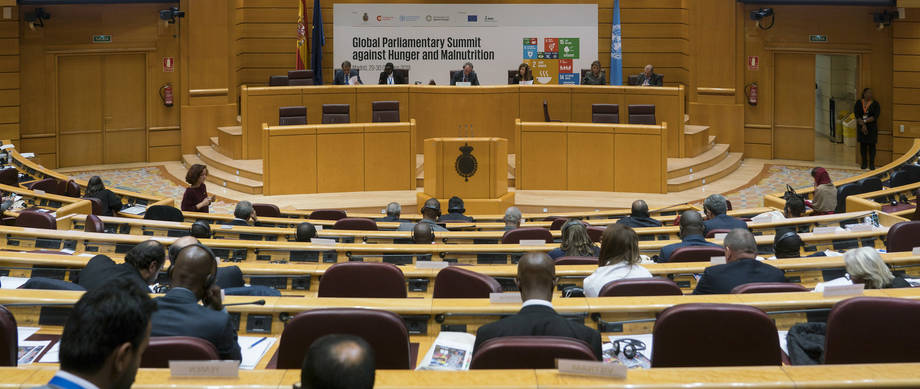
Background
The 2nd International Conference on Nutrition (ICN2) was held in Rome in November 2014 to address the multiple challenges of malnutrition in all its forms and identify opportunities for addressing them in the next decades. The main outcomes of the ICN2 were the Rome Declaration on Nutrition and a Framework for Action, aimed at addressing today’s major nutrition challenges and identifying priorities for enhanced international cooperation on nutrition. The Declaration includes a commitment to action in several areas commencing with the eradication and prevention of hunger and poverty in all its forms.
In September 2015, the United Nations General Assembly (UNGA) approved the Sustainable Development Goals (SDGs). Foremost amongst the 17 goals are the eradication of poverty, achieving zero hunger, good health and well-being.
The aforementioned scenario makes it an imperative for all stakeholders to be involved in order to achieve food and nutrition security and the SDGs as a whole. This includes Parliamentarians and non-State actors such as Civil Society and the Private Sector.
FAO seeks closer collaboration with Parliamentarians, as we work towards meeting our mutual commitments on food and nutrition security, including the right to adequate food. Parliamentarians are best placed to position the issue of food and nutrition security at the highest level of the political and legislative agenda, given their legislative, budgetary and oversight responsibilities, among others.
"We reaffirm that everyone has a right to adequate, safe, sufficient, and nutritious food and to freedom from hunger, and we acknowledge the need for specific constitutional and legislative provisions to ensure the enjoyment of those rights."
Extract from the Statement by Parliamentarians who met on the occasion of the 2nd International Conference on Nutrition, Nov. 2014
